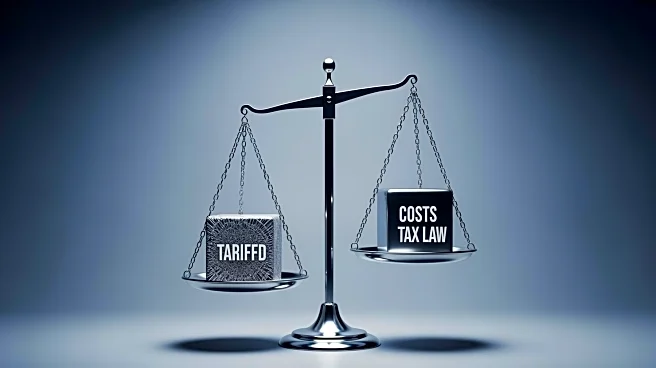What's Happening?
Ubisoft is experiencing difficulties with its new game releases as players increasingly favor subscription services, live-service games, and free-to-play models over traditional full-price purchases. The
company has faced layoffs and a corporate restructure, with its major franchises now operated by a Tencent-backed subsidiary. Ubisoft's sales for titles like Star Wars Outlaws have been disappointing, and it has struggled to penetrate the saturated live-service market. Recently, Ubisoft halted trading of its shares and postponed its financial report, amid scrutiny and backlash over AI artwork in Anno 117: Pax Romana.
Why It's Important?
The shift in consumer preferences towards subscription-based and live-service models poses a significant challenge for traditional game publishers like Ubisoft. This trend could impact the company's revenue and market position, as it struggles to adapt to the changing landscape. The restructuring and layoffs indicate financial strain, while the halted trading and postponed financial report suggest potential instability. The backlash over AI usage in game development highlights ethical concerns and could affect consumer trust and brand reputation.
What's Next?
Ubisoft may need to reassess its business strategy to align with current market trends, possibly increasing its focus on subscription services and live-service games. The company will likely address the AI controversy by clarifying its use of AI in game development and ensuring quality control. Investors and stakeholders will be watching closely for the release of the delayed financial report and any updates on the company's restructuring efforts.
Beyond the Headlines
The use of AI in game development raises ethical questions about creativity and the role of human artists. As AI becomes more prevalent, companies like Ubisoft must navigate the balance between innovation and maintaining artistic integrity. The controversy surrounding AI-generated content could lead to broader discussions within the industry about transparency and consumer expectations.









